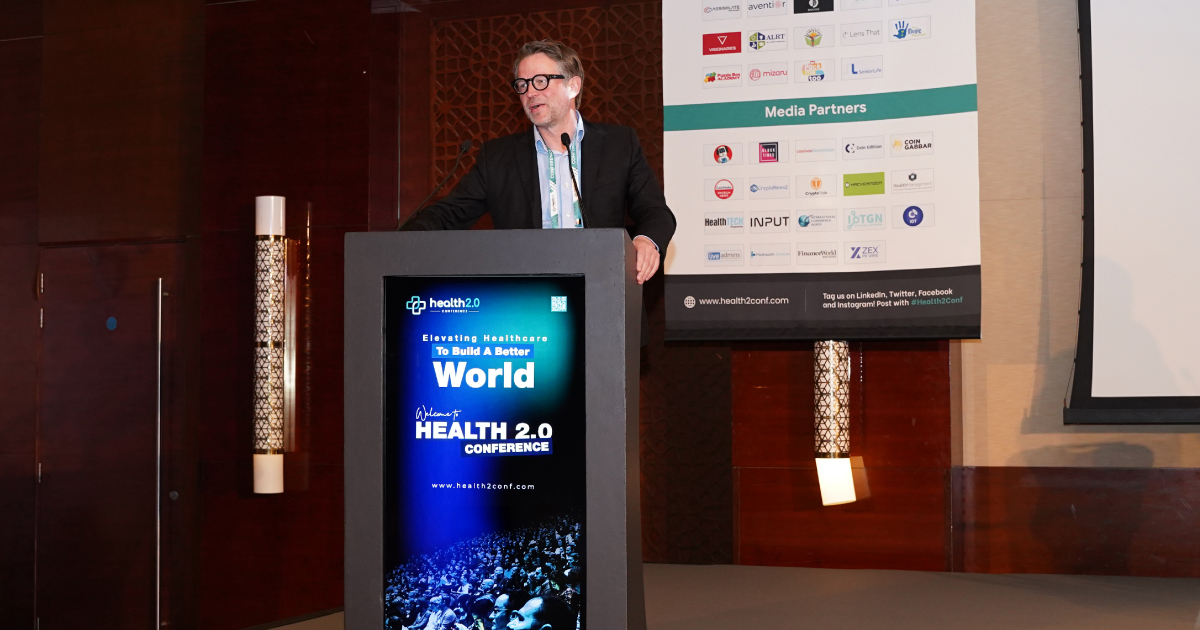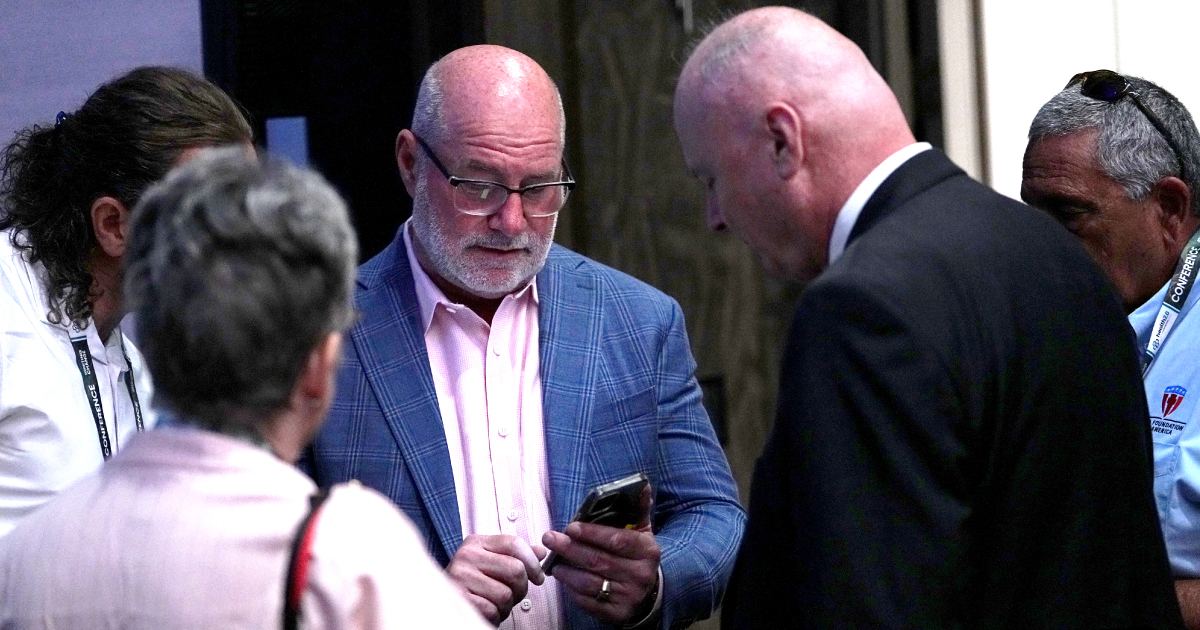The accelerating healthcare innovation and disruption rate force providers to adjust workflows to meet patients' evolving needs. Without a change management process, this progress could be hampered by inconsistency and miscommunication. Many experts at healthcare conferences and events have also pointed toward the importance of organizational change management necessitating the collaboration of C-level executives and stakeholders.
Change is required when individuals, processes, teams, and tools cannot keep up with the organization's ever-changing needs and expectations. This article discusses the importance of change management and presents five essential steps for leading change in modern healthcare.
Change Management's Importance in Healthcare
Change management assists practices in achieving organizational goals while minimizing change resistance from care staff. According to professionals at a healthcare event in Dubai, healthcare executives must develop focused, structured change management plans to guide personnel and achieve desired outcomes. During major or minor organizational transitions, an effective plan alleviates care teams' anxiety, confusion, and stress.
2 Types Of Change Management
Depending on the needs of the care facility, organizational change can be adaptive or transformational. Adaptive changes are minor, gradual changes that improve clinical processes and workflows. This iterative change strategy does not affect the care facility's business model.
Transformative, long-term change strategies significantly impact an organization's culture and mission. Transformational change refers to significant, abrupt changes that affect how people, processes, and tools operate in hospitals. Transformational change management may necessitate a complete overhaul of the care facility's critical functions and business structure.
5 Ways For Organizational Management
Define the change: Healthcare leaders must identify areas that need minor or significant changes. Leadership must inform employees about the proposed changes and explain why they are necessary. Administrators can gain buy-in from even the most hesitant individuals through personable, transparent conversations.
Developing a plan: Once leaders have determined what needs to be changed, they must create a practical, step-by-step plan to assist departments in implementing the changes across the organization. The organization's objectives are detailed ineffective plans, and success is measured using key performance indicators (KPIs). To ensure that change strategies are successfully implemented, the program assigns roles and responsibilities to others.
Implementation: Individuals must follow the change plan to achieve all organizational goals. The program serves as a compass, guiding individuals and groups through the change management process. To ensure successful plan execution, healthcare managers must anticipate and solve obstacles during the implementation process.
Follow-Up: When plans are implemented across care organizations, resistance to change is unavoidable. Effective, concrete strategies combat change resistance by making it difficult for personnel to revert to old habits. This stage necessitates change managers to motivate or reward employees for welcoming adaptive and transformational changes. Successful change implementation can benefit people, processes, and health IT solutions.
Analyze outcomes: Change leaders must evaluate the success and performance of their change management initiatives. Following plan implementation, a comprehensive analysis assists managers in determining whether their project objectives have been met. These insights assist leaders in bettering their change management processes.
Final Thoughts
Healthcare leaders must develop concrete, effective change management plans to ensure that their organizations evolve in lockstep with the industry. Successful plan implementation assists leaders in modernizing organizational workflows and preventing critical care functions from becoming stagnant over time. The upcoming edition of the Health 2.0 Conference will delve into such crucial topics and more.













